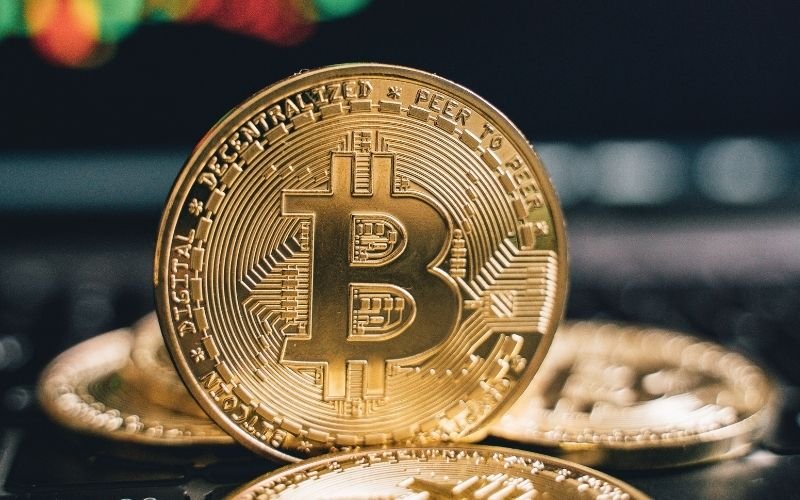According to the governor of the central bank of Thailand, Thailand offers a number of alternative payment options. The government does not plan to introduce a central bank digital currency (CBDC) for the general public.
CBDCs are not a high priority
In addition to Thailand, it has been announced that the central bank is looking into how CBDCs will affect local businesses. Vachira Arromdee, the Deputy Governor of the Bank of Thailand, has stated that CBDCs will eventually be available to ordinary citizens.
Towards the end of last year, the authorities announced their plans to use the national digital currency as a cash substitute. However, this venture was to undergo some experiments and was postponed until 2022.
According to a recent local report, Thailand’s central bank governor, Sethaput Suthiwartnarueput, is pleased with how Thailand’s retail banking system is functioning. He said CBDCs were no longer necessary.
The official stated that tests for this financial product would begin in the fourth quarter of 2022. The test will be conducted by monetary organizations and private consumers that will withdraw, deposit and transfer funds.
Additionally, Suthiwartnarueput said that domestic investors who trade digital assets on registered platforms will receive a 7% VAT exemption on their transactions. The program will run from 1 April 2022 to 31 December 2023. The program’s purpose is to encourage the use of authorized cryptocurrency exchanges.
Thailand bans cryptocurrency payments
The Thai Tourism Authority has had a rather controversial role in the digital asset industry. They were planning on producing a utility token called TAT Coin. The token would allow the transfer of vouchers and help tour operators to obtain more liquidity. Additionally, it could draw crypto investors who would settle in the land of smiles after the COVID-19 pandemic.
In spite of the sympathy shown for TAT, Thailand is not so friendly to other cryptocurrencies. Last month, the authorities warned that the use of cryptocurrency as a payment method could harm the financial system. Therefore, from 1 April 2022, the use of cryptocurrency as a payment method will be prohibited.
Cryptocurrency trading and investing is still legal in Thailand. According to Bloomberg data, Thais have digital assets worth over $3 billion.
Read Also: The number of bitcoin millionaires fell by 20% in 2022


Comments are closed.